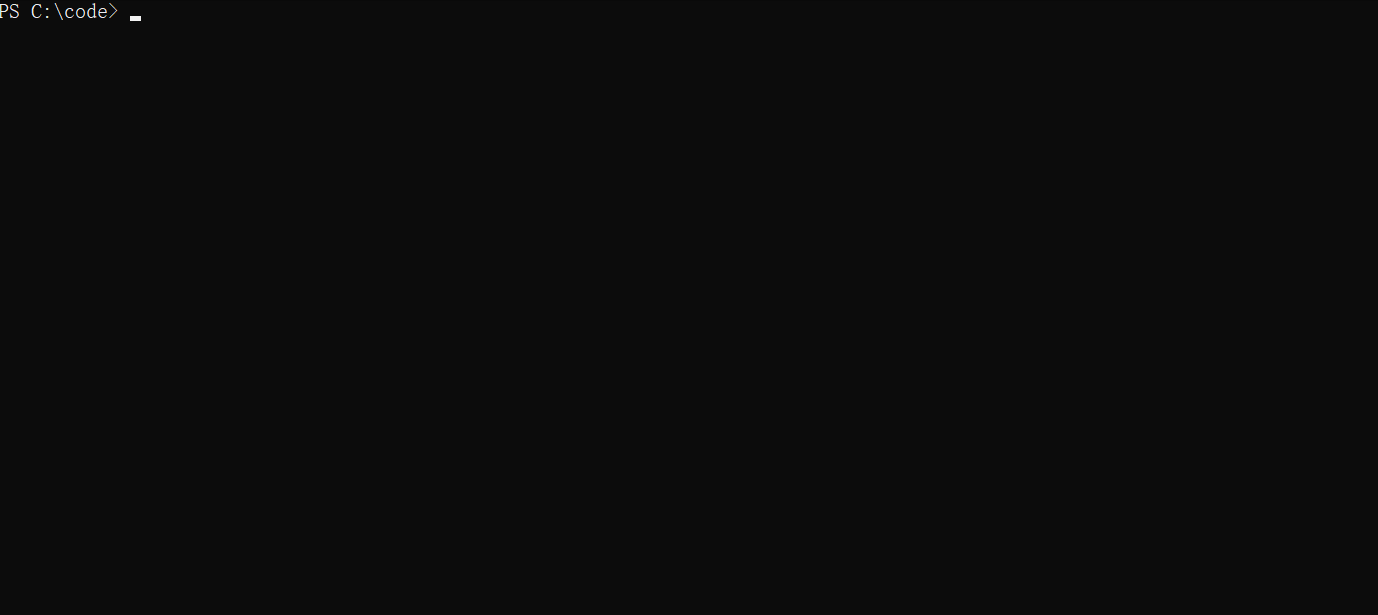Codeforces Tool is a command-line interface tool for Codeforces.
It's fast, small, cross-platorm and powerful.
- Submit codes to a problem of a contest.
- Watch submissions' status dynamically.
- List all problems' stats of a contest.
- Fetch all problems' samples of a contest (parallel).
- Generate a code from the specified template (including timestamp, author, etc.)
- Test samples and feedback.
- Use default web browser to open problems, the standing page.
- Colorful CLI.
Pull requests are always welcome.
You can download the pre-compiled binary file in here.
Or you can compile it from the source (go >= 1.12):
$ git clone https://github.com/xalanq/cf-tool
$ cd cf-tool
$ go build -ldflags "-s -w" cf.go
Codeforces Tool (cf). https://github.com/xalanq/cf-tool
You should run "cf config login" and "cf config add" at first.
If you want to compete, the best command is "cf race 1111" where "1111" is the contest id.
Usage:
cf config (login | add | default)
cf submit [<filename>]
cf submit [(<contest-id> <problem-id>)] [<filename>]
cf list [<contest-id>]
cf parse <contest-id> [<problem-id>]
cf gen [<alias>]
cf test [<filename>]
cf watch [<contest-id>]
cf open [<contest-id>] [<problem-id>]
cf stand [<contest-id>]
cf race <contest-id>
Examples:
cf config login Config your username and password.
cf config add Add a template.
cf config default Set default template.
cf submit If current path is "<contest-id>/<problem-id>", cf will find the
code which can be submitted. Then submit to <contest-id> <problem-id>.
cf submit a.cpp
cf submit 100 a
cf submit 100 a a.cpp
cf list List all problems' stats of a contest.
cf list 1119
cf parse 100 Fetch all problems' samples of contest 100 into "./100/<problem-id>".
cf parse 100 a Fetch samples of problem "a" of contest 100 into current path.
cf gen Generate a code from default template.
cf gen cpp Generate a code from the template which's alias is "cpp" into current path.
cf test Run the commands of a template in current path. Then test all samples.
cf watch Watch the first 10 submissions of current contest.
cf open 1136 a Use default web browser to open the page of contest 1136, problem a.
cf open 1136 Use default web browser to open the page of contest 1136.
cf stand Use default web browser to open the standing page.
cf race 1136 If the contest 1136 has not started yet, it will countdown. After the
countdown ends, it will run 'cf open 1136 a', 'cf open 1136 b', ...,
'cf open 1136 e', 'cf parse 1136'.
Notes:
<problem-id> "a" or "A", case-insensitive.
<contest-id> A number. You can find it in codeforces contest url. E.g. "1119" in
"https://codeforces.com/contest/1119".
<alias> Template's alias.
File:
cf will save some data in some files:
"~/.cfconfig" Configuration file, including username, encrypted password, etc.
"~/.cfsession" Session file, including cookies, username, etc.
"~" is the home directory of current user in your system.
Template:
You can insert some placeholders into your template code. When generate a code from the
template, cf will replace all placeholders by following rules:
$%U%$ Username
$%Y%$ Year (e.g. 2019)
$%M%$ Month (e.g. 04)
$%D%$ Day (e.g. 09)
$%h%$ Hour (e.g. 08)
$%m%$ Minute (e.g. 05)
$%s%$ Second (e.g. 00)
Script in template:
Template will run 3 scripts in sequence when you run "cf test":
- before_script (execute once)
- script (execute the number of samples times)
- after_script (execute once)
You could set "before_script" or "after_script" to empty string, meaning not executing.
You have to run your program in "script" with standard input/output (no need to redirect).
You can insert some placeholders in your scripts. When execute a script,
cf will replace all placeholders by following rules:
$%path%$ Path to source file (Excluding $%full%$, e.g. "/home/xalanq/")
$%full%$ Full name of source file (e.g. "a.cpp")
$%file%$ Name of source file (Excluding suffix, e.g. "a")
$%rand%$ Random string with 8 character (including "a-z" "0-9")
Options:
-h --help
--version
/* Generated by powerful Codeforces Tool
* You can download the binary file in here https://github.com/xalanq/cf-tool (win, osx, linux)
* Author: $%U%$
* Time: $%Y%$-$%M%$-$%D%$ $%h%$:$%m%$:$%s%$
**/
#include <bits/stdc++.h>
using namespace std;
typedef long long ll;
int main() {
ios::sync_with_stdio(false);
cin.tie(0);
return 0;
}You can save it to ~/.cfconfig (but replace path field to yours)
{
"username": "",
"password": "",
"template": [
{
"alias": "cpp",
"lang": "42",
"path": "C:\\develop\\template\\cf.cpp",
"suffix": [
"cxx",
"cc",
"cpp"
],
"before_script": "g++ $%full%$ -o $%file%$.exe -std=c++11 -O2",
"script": "./$%file%$.exe",
"after_script": ""
}
],
"default": 0
}Codeforces Tool is a command-line tool. You should run it in terminal.
You should put the cf program to a path (e.g. /usr/bin in Linux) which has been added to system environment variable PATH.
Or just google "how to add a path to system environment variable PATH".
cp is a system command, meaning copy a file.
In the GIF above, I just copied the file (already written) to current path. So I didn't need to write codes.
In fact, you can run cf gen to generate a code (named as "a.cpp" or otherelse) from a template into current path.




